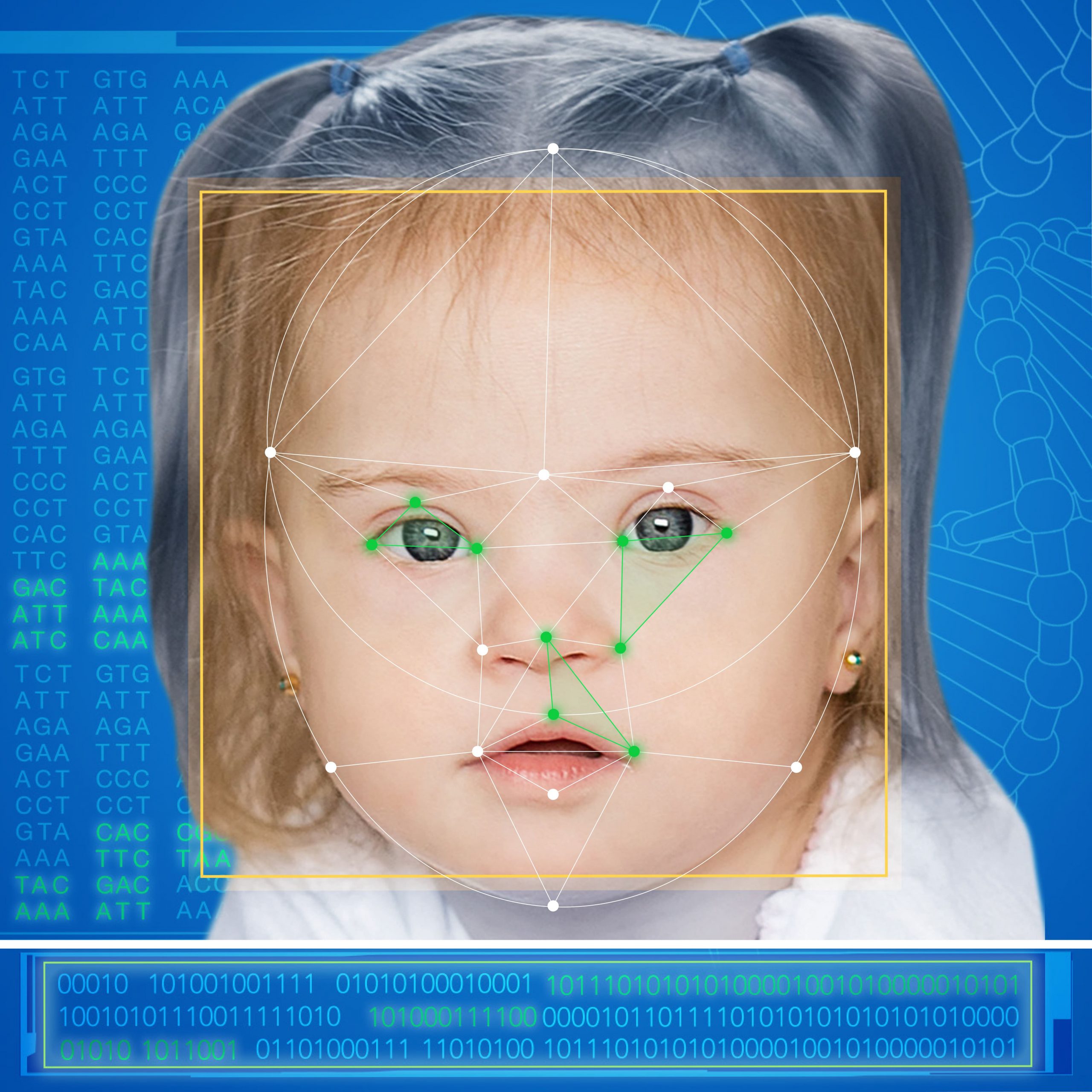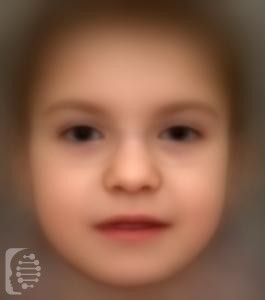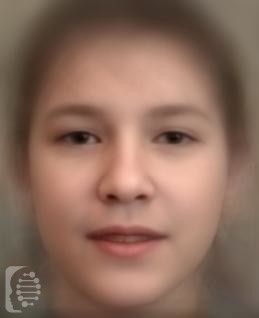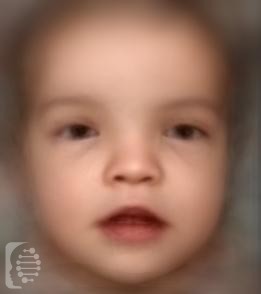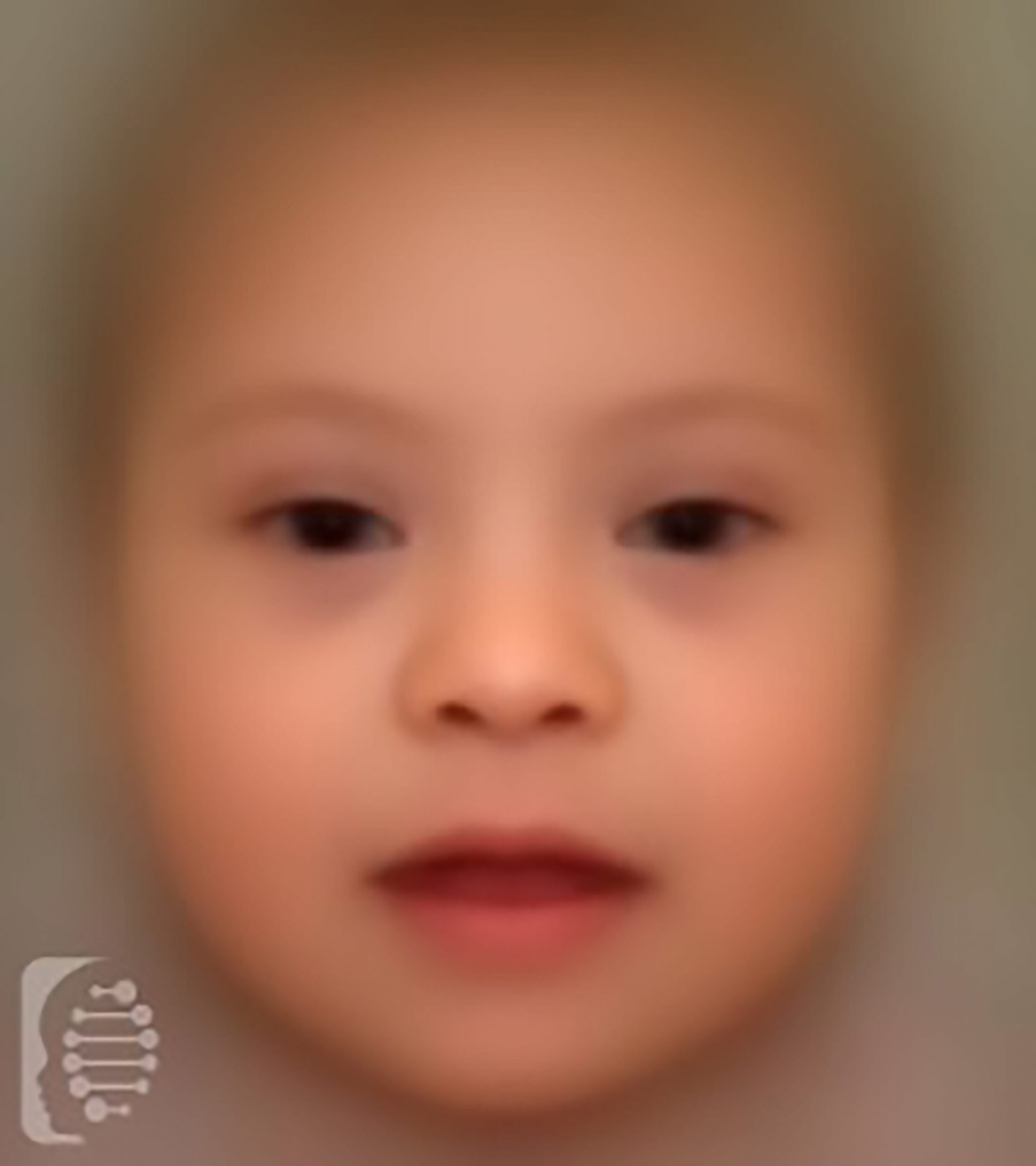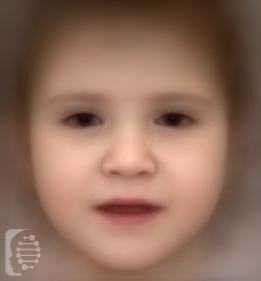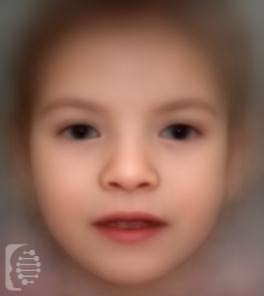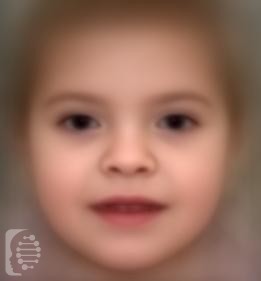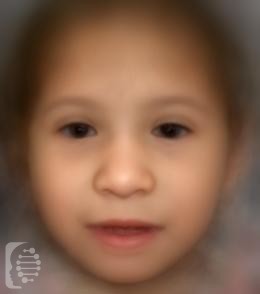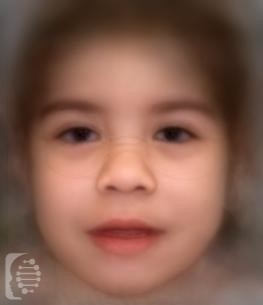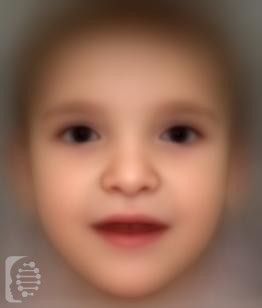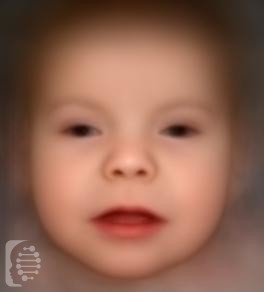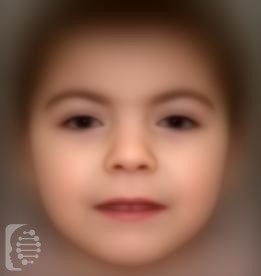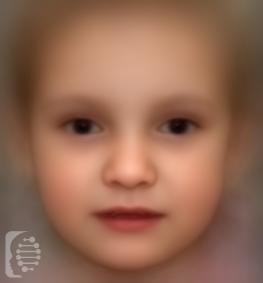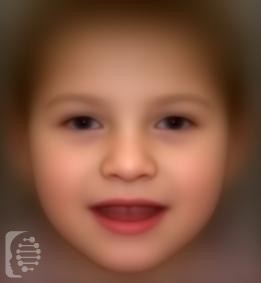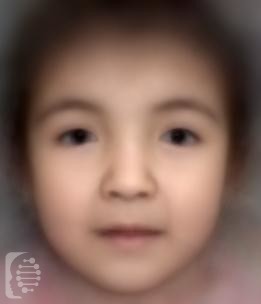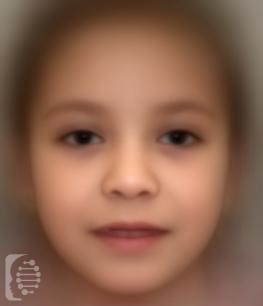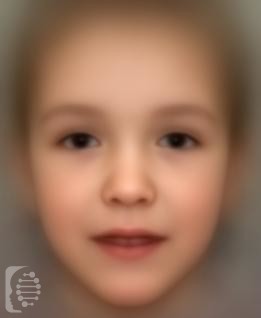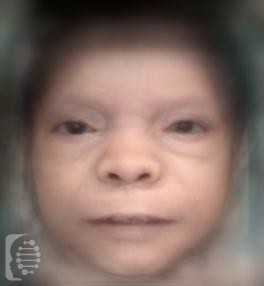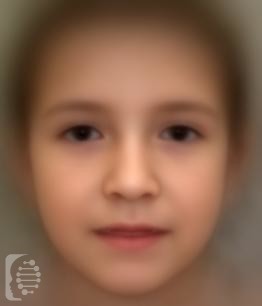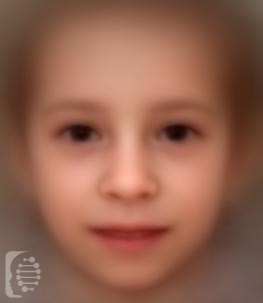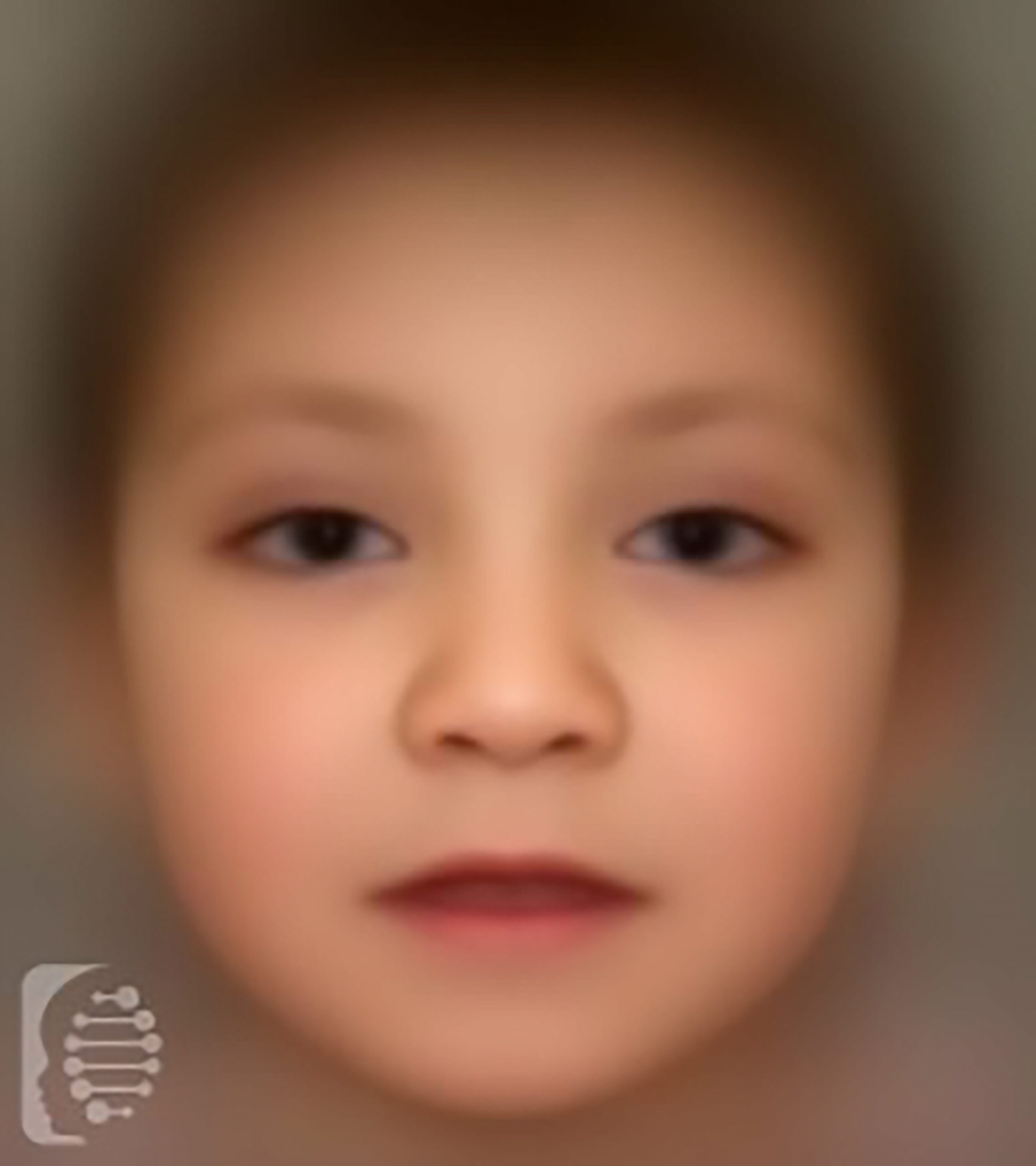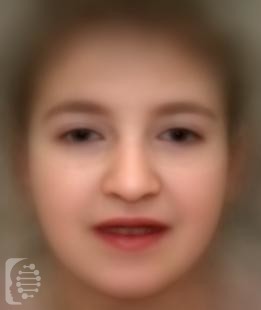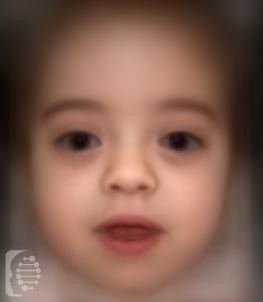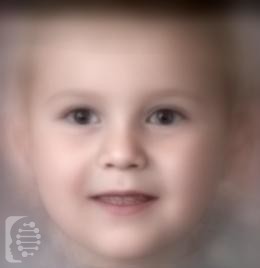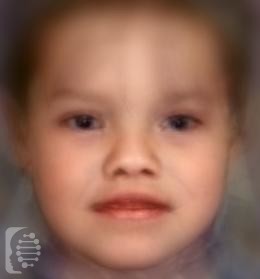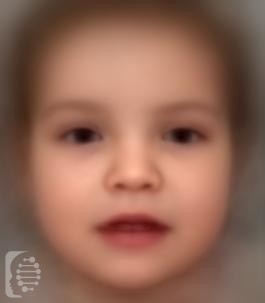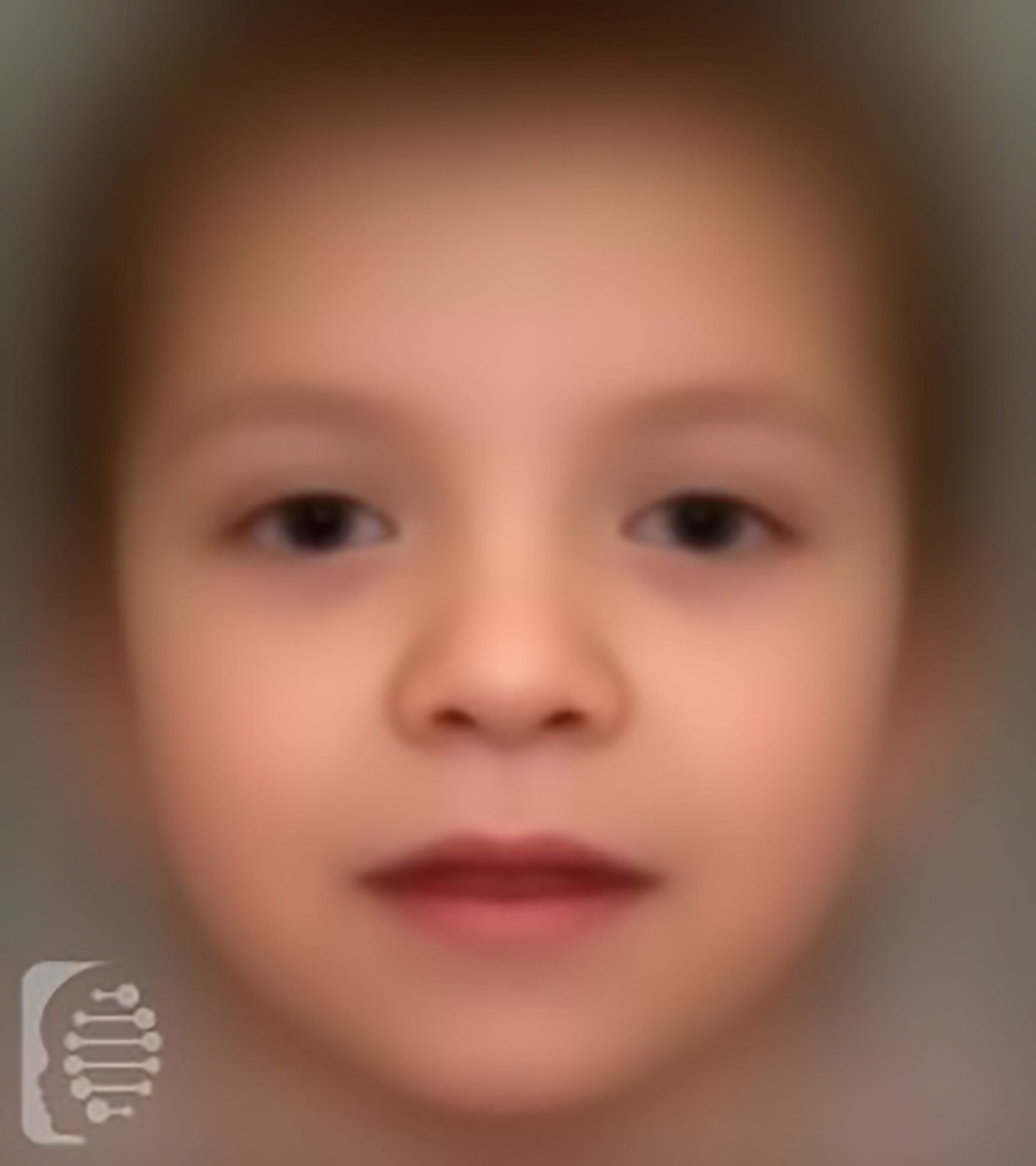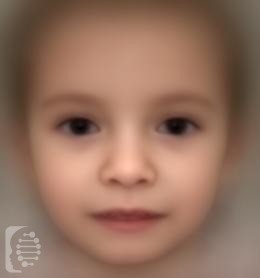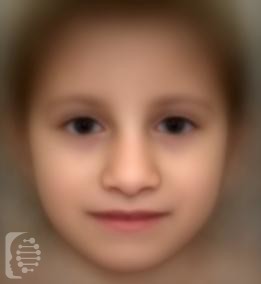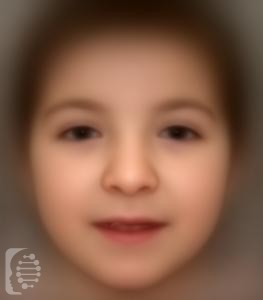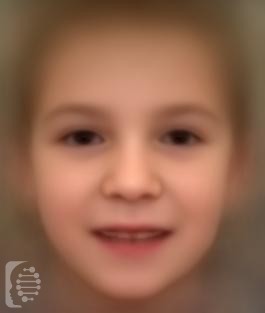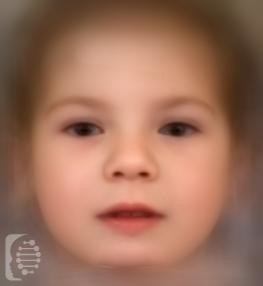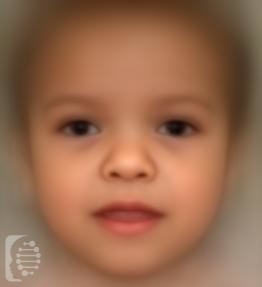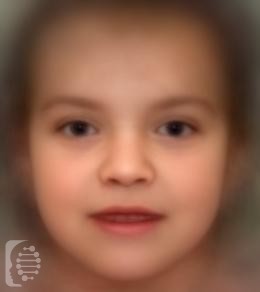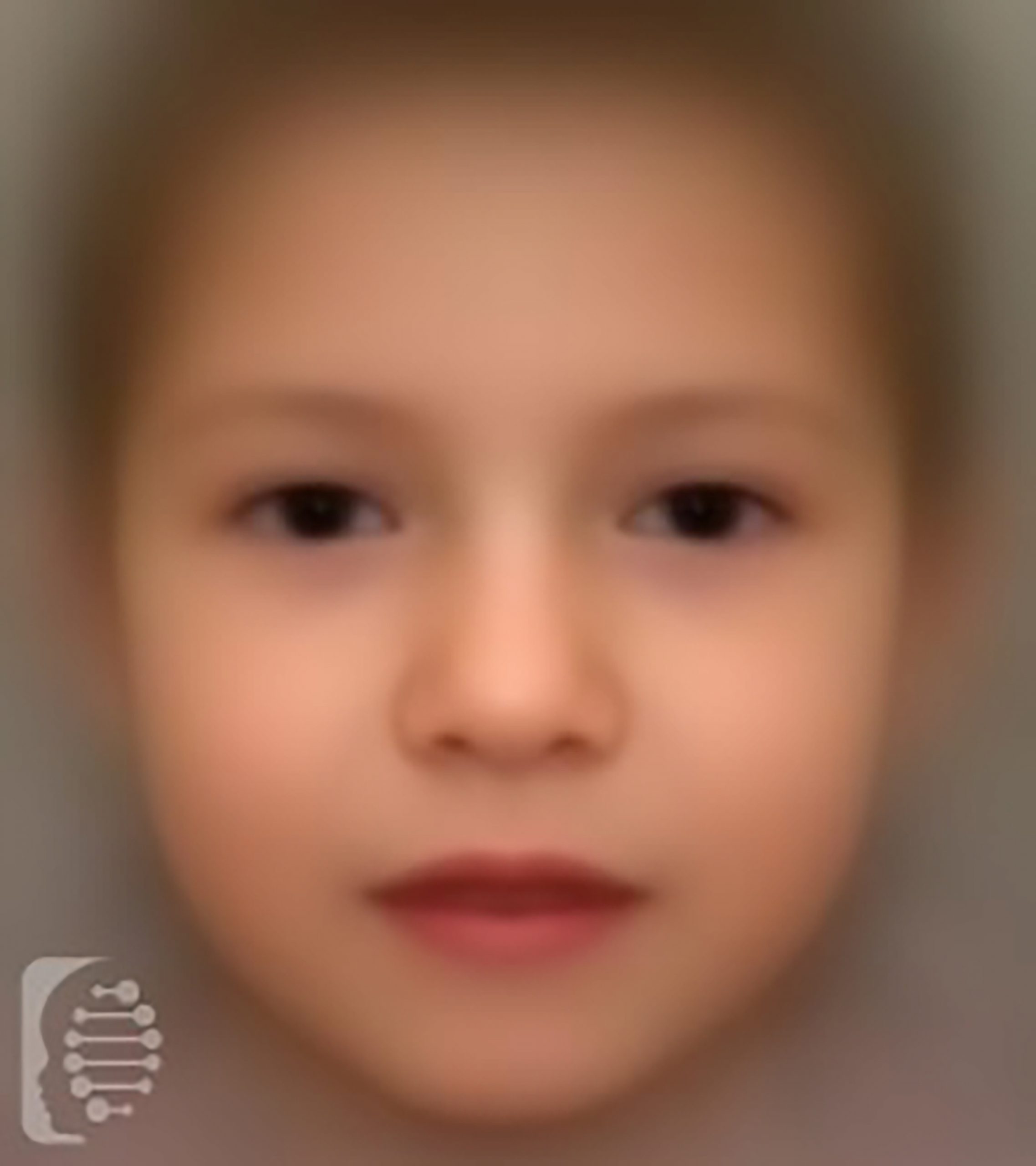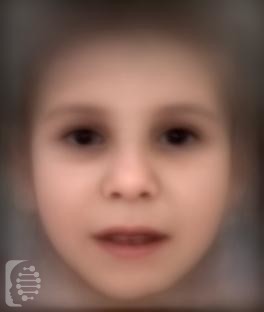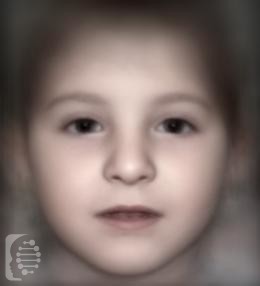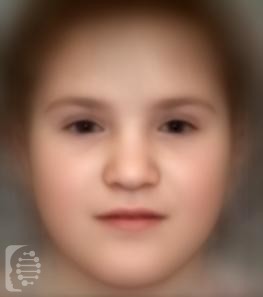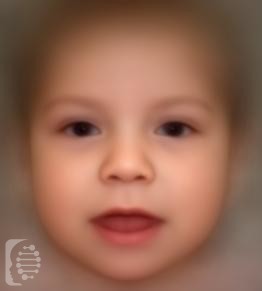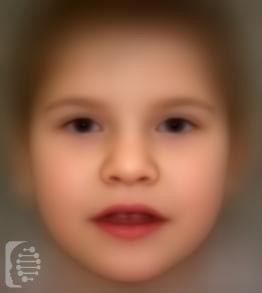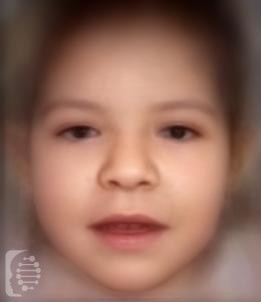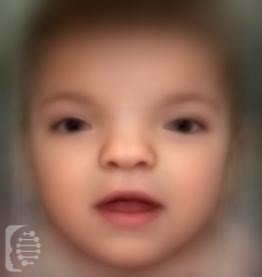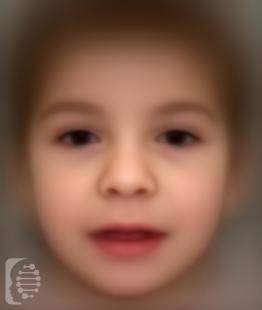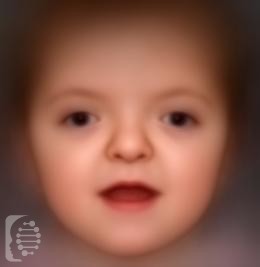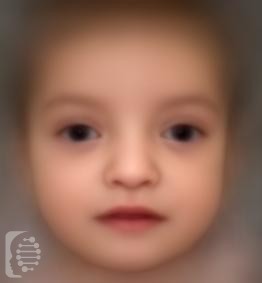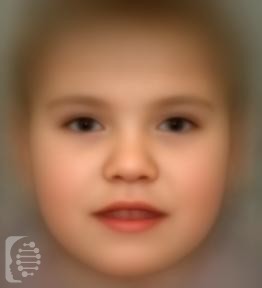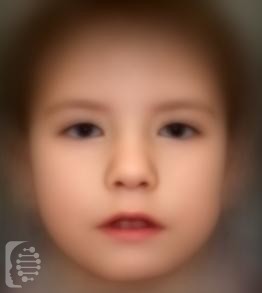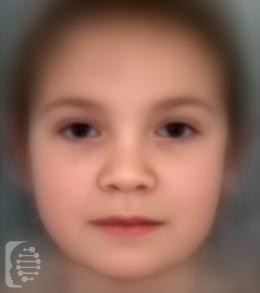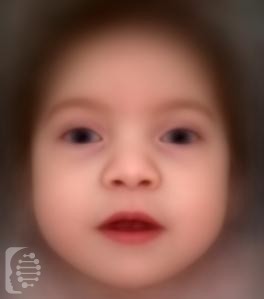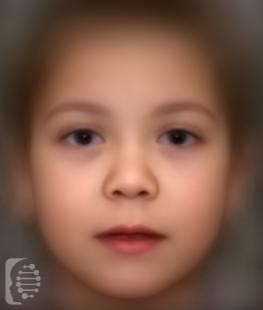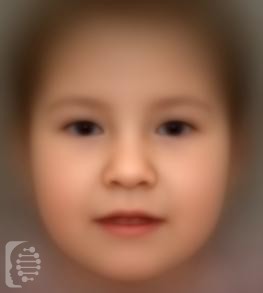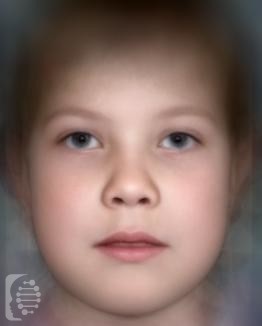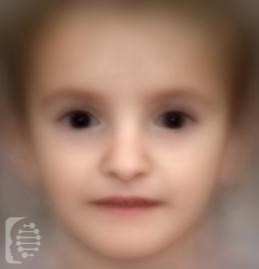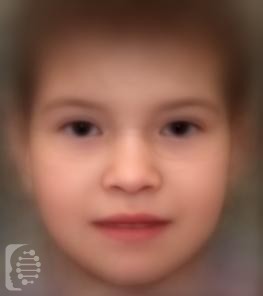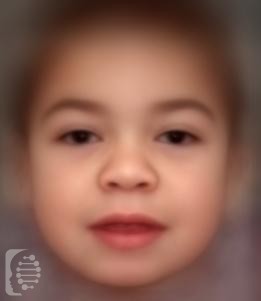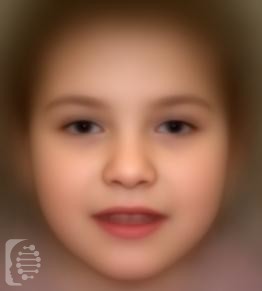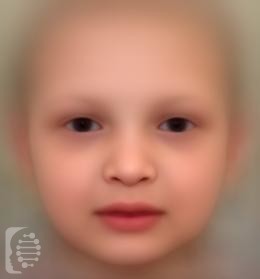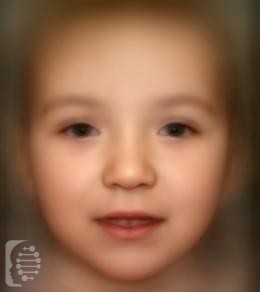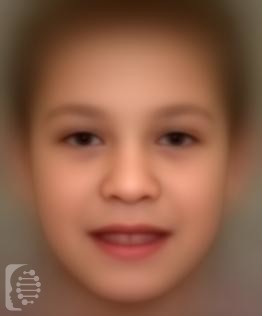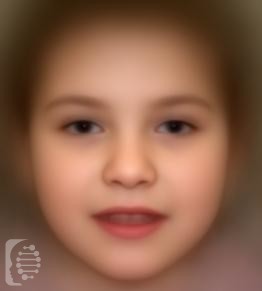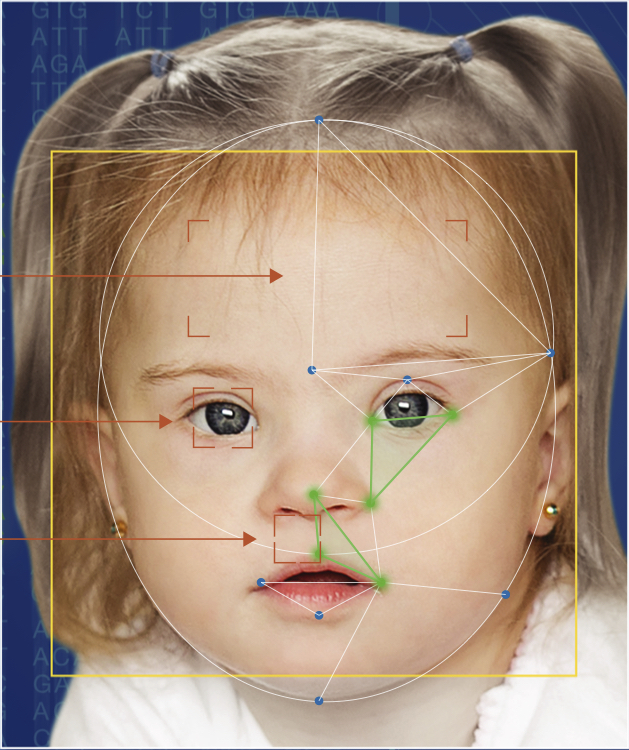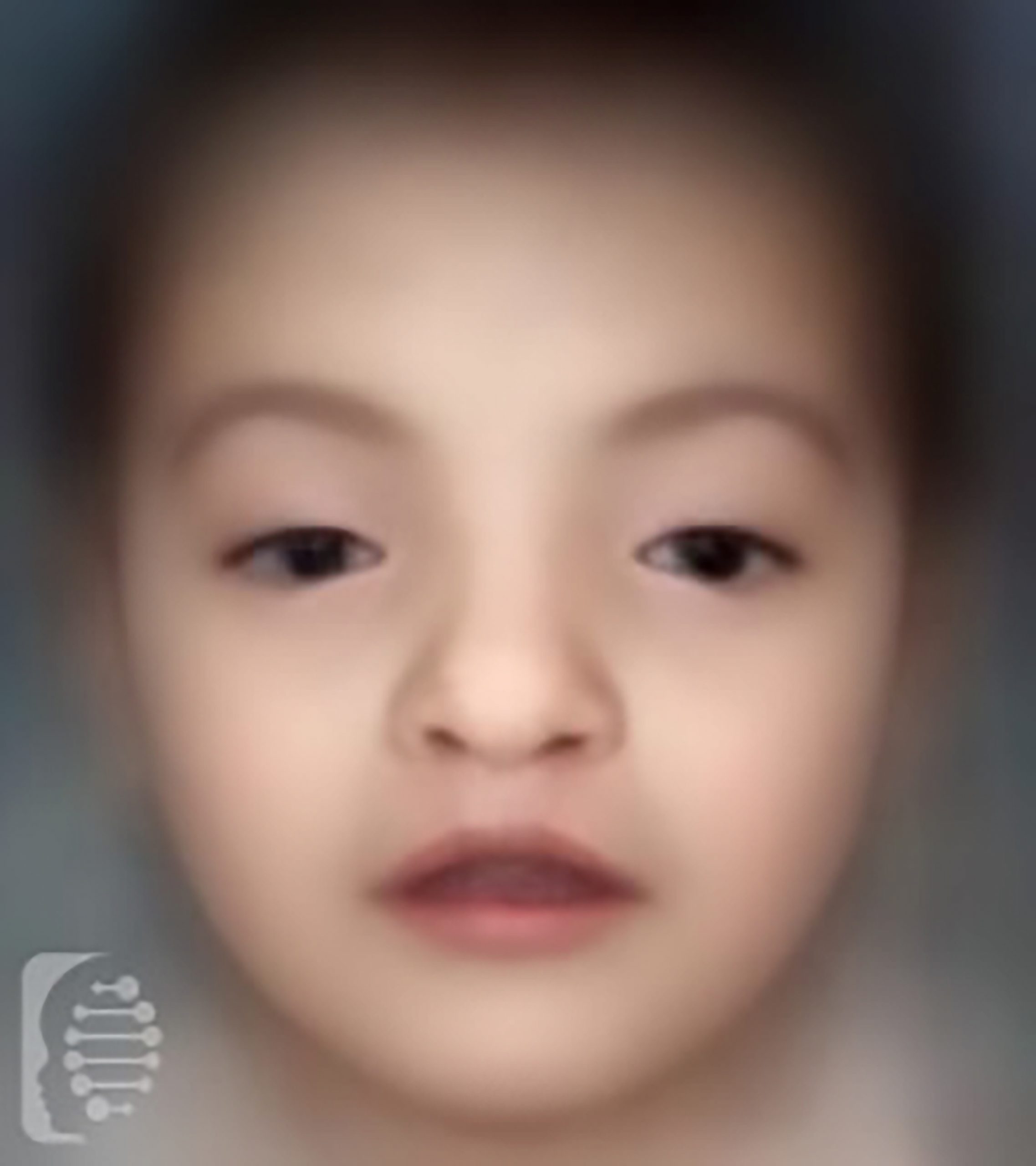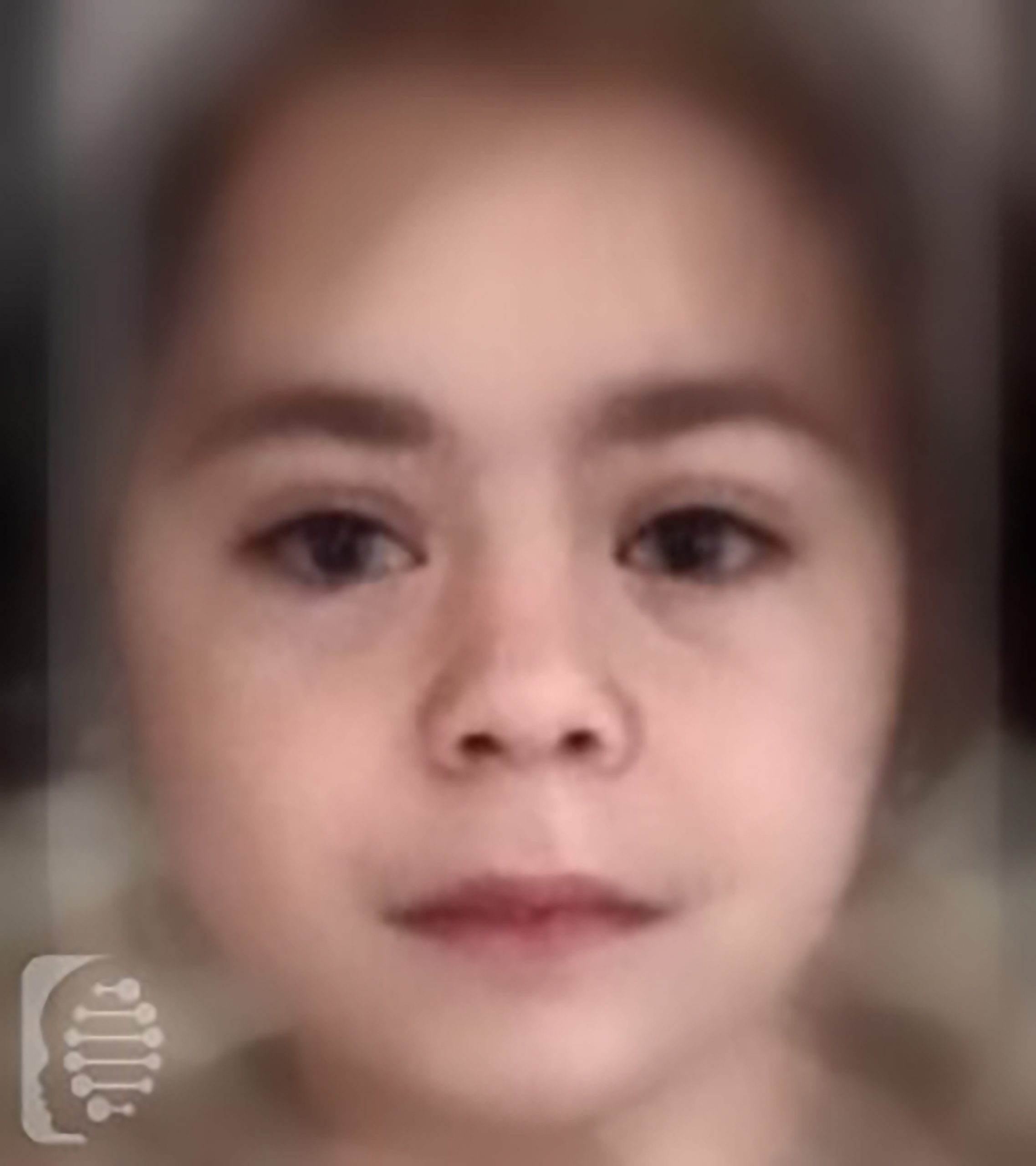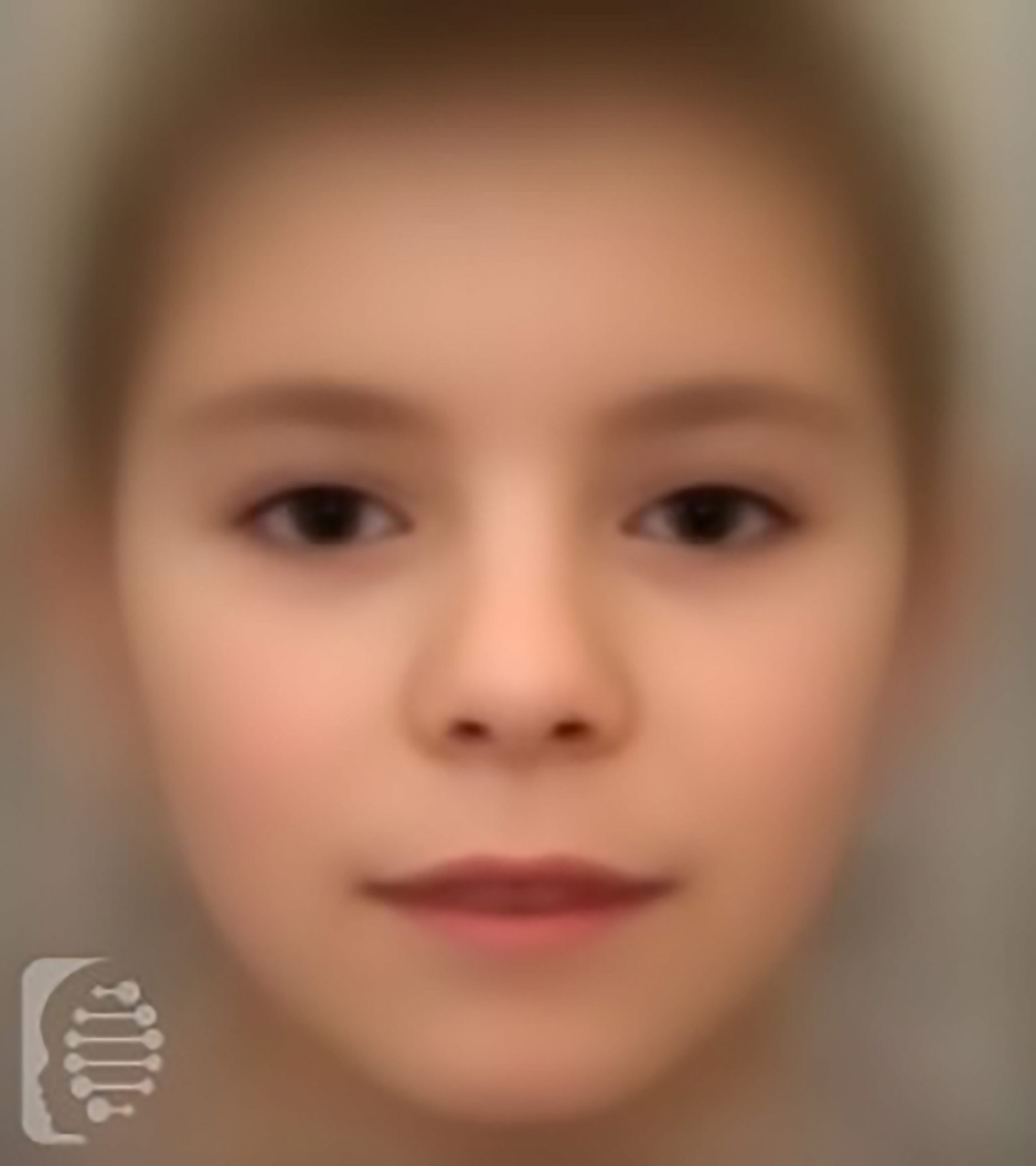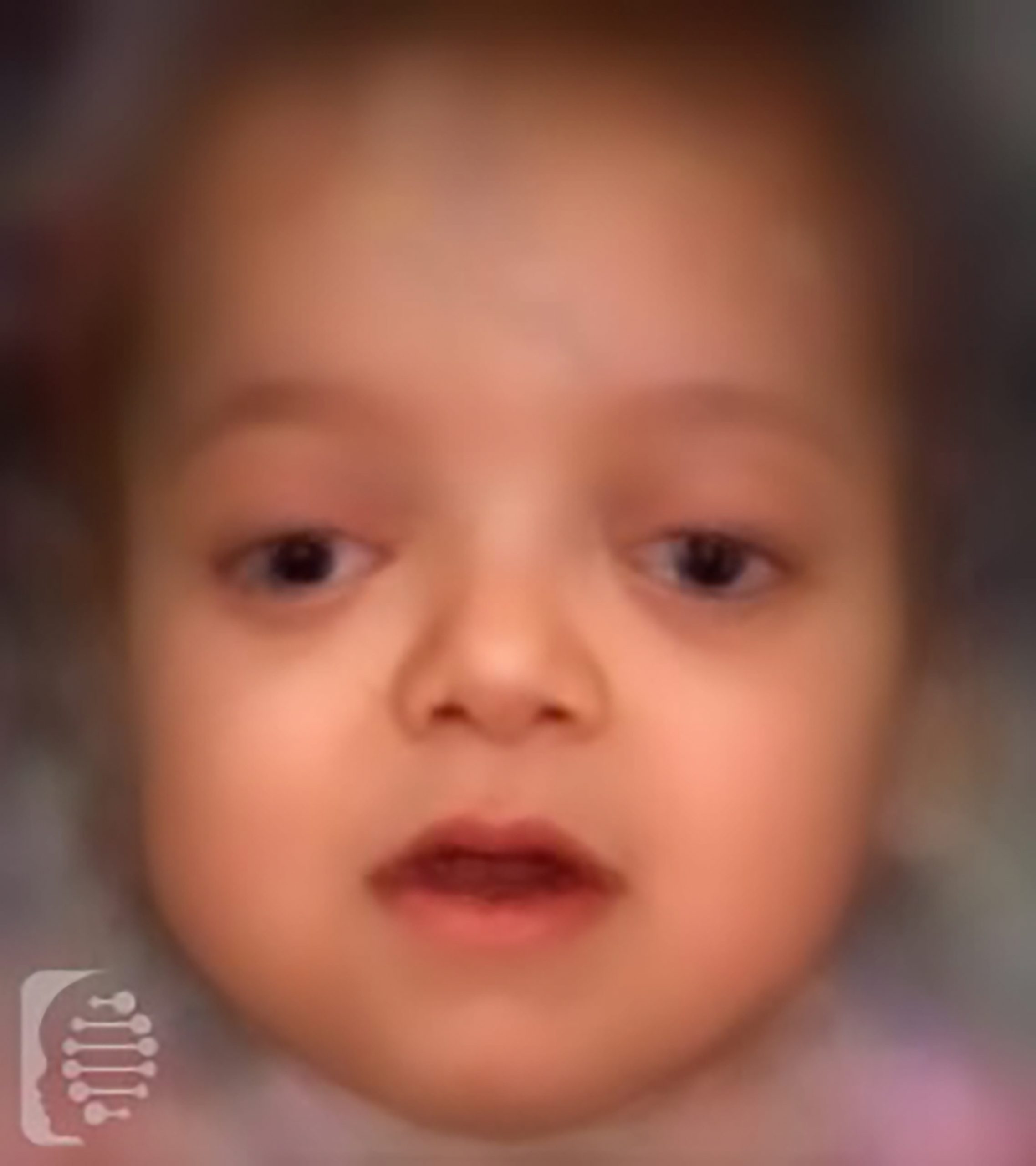Paula and Bobby
Parents of Lillie
Hydrocephalus
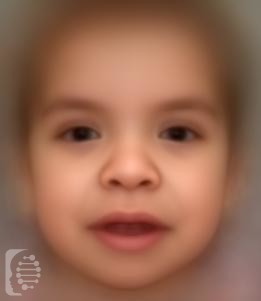
Understanding brain related symptoms and features
Symptoms may affect multiple parts of the body. Understanding which part of the body a symptom affects, can help us to better understand the potential underlying causes of a symptom, including a rare disease or genetic syndrome.
The brain is the central organ of the nervous system, a system which includes not only the brain but also the sensory organs of the body, the spinal cords and the nerves that connect them all. The nervous system is how the different parts of the body communicate with each other and controls their responses to both internal and external stimuli.
Generally, symptoms affecting the brain can not be seen with the naked eye. Although diagnosing a brain related symptom may involve different tests and assessments, both subjective and objective.
Symptoms relating to the brain may affect other parts of the body and development, including intellectual ability as well as the ability to move, speak and other crucial bodily functions.
What is Hydrocephalus?
It is a condition where too much fluid collects on the brain. This accumulation of cerebrospinal fluid is caused due to an imbalance between how much of the fluid is produced and how much is absorbed by the bloodstream. When too much is produced and/or not enough absorbed, the fluid accumulates in the brain. This build up of fluid can lead to increased pressure on the skull and the brain.
When looking for excess fluid on the brain in an infant, a doctor will look for sunken eyes, slow reflexes, bulging fontanelle and a larger head than normal for the age of the infant.
Hydrocephalus must be treated to avoid long term damage and ensure reasonable life expectancy. The treatment usually involves draining the fluid from the brain.
What should I do next?
In some instances excess fluid on the brain may be one of the features of a rare disease or genetic syndrome. In this case fast, targeted genetic analysis can give you a more accurate diagnosis.
Synonyms:
Hydrocephaly, Nonsyndromal hydrocephalus, Too much cerebrospinal fluid in the brain
HPO:
0000238
Optional syndromes:
More than 250,000 patients successfully analyzed. Clarify any concerns you may have and get tested online today.

Synonyms:
Hydrocephaly, Nonsyndromal hydrocephalus, Too much cerebrospinal fluid in the brain
HPO:
-
0000238
Optional syndromes:
FDNA™ Health can help you with the diagnostic journey.
Learn about child developmental delays: Causes, Symptoms, and Therapies.
Don't wait years for a diagnosis. Act now and save valuable time.
Explore the most detected symptoms in our system (numbers are global and based on the data from 120 countries):
What is FDNA Health?
With the largest global database and a leading decision-support tool using AI, FDNA™ Health enables patients and their families to better understand symptoms and conditions with the goal of shortening the time to diagnosis.
Benefits of FDNA Health
Save valuable time by
learning about possible conditions
and report to your clinician
Advanced AI technology
and leading worldwide clinicians
shortening time to diagnosis
Looking for answers?
Worried about child development?
We are here to help you!


